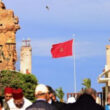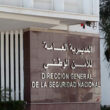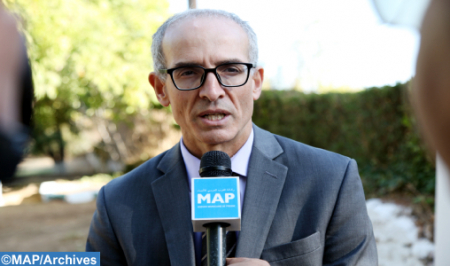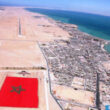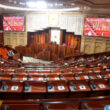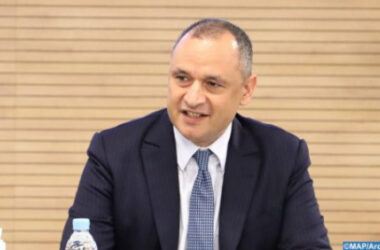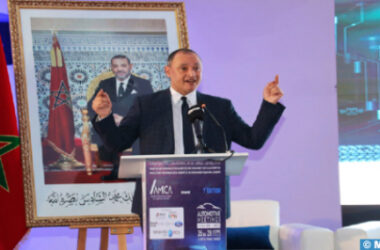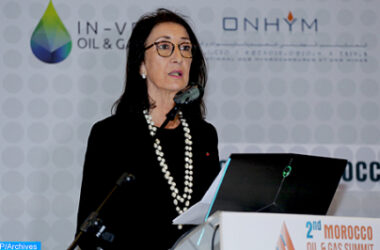The agreement follows direct contacts between the two parties in recent months, culminating in a visit by INRA’s Director Faouzi Bekkaoui to the Volcani laboratories in the agricultural area of Rehovot in the Tel Aviv-Yafo region.
Bekkaoui’s visit comes on the sidelines of his participation in the International Conference on techniques of food production from the sea and the desert, organized on 18-20 October in Eilat, by the Israeli Ministry of Agriculture and Rural Development.
In a statement to MAP, Bekkaoui said that INRA has indeed begun cooperation with Volcani, which conducts research similar to those carried out by INRA, adding that the two institutes have started exchanges to develop partnerships.
“Similarly, we have proposed several projects, including under the MERC mechanism for supporting projects between Arab countries and Israel,” he noted, mentioning a project on the management of water scarcity in agriculture and genetic improvement of tomatoes.
In addition, exchanges of students and researchers will take place under the same program, said Bekkaoui, noting that the goal is to benefit from Volcan’s experience in several areas that are important at the national level, including smart agriculture, green agriculture and genetic improvement, especially for wheat.
INRA’s Director noted that several important and topical issues for Morocco were discussed at the Conference, including agriculture in the desert and in hot and dry climate and the challenges it poses, adding that the event was an opportunity to learn about the latest technological innovations in this area, especially those related to the management of water scarcity.
The Conference also addressed issues related to the challenges of the coming years, including population growth, global warming, climate change, reduction of agricultural land, as well as alternatives available.
The Moroccan participation was an opportunity to meet many researchers and participants, as well as to learn about the most recent studies in the field, which are related to the issues addressed by INRA, namely the development of agriculture in Morocco.



